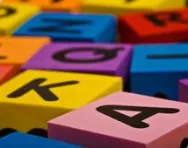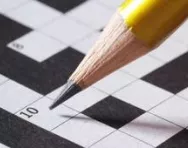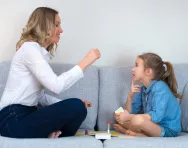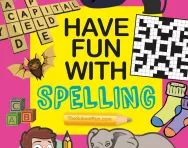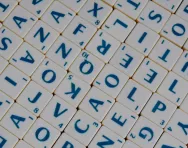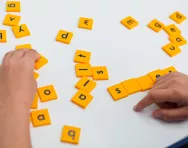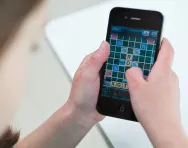Important update from TheSchoolRun
For the past 13 years, TheSchoolRun has been run by a small team of mums working from home, dedicated to providing quality educational resources to primary school parents. Unfortunately, rising supplier costs and falling revenue have made it impossible for us to continue operating, and we’ve had to make the difficult decision to close. The good news: We’ve arranged for another educational provider to take over many of our resources. These will be hosted on a new portal, where the content will be updated and expanded to support your child’s learning.
What this means for subscribers:
- Your subscription is still active, and for now, you can keep using the website as normal — just log in with your usual details to access all our articles and resources*.
- In a few months, all resources will move to the new portal. You’ll continue to have access there until your subscription ends. We’ll send you full details nearer the time.
- As a thank you for your support, we’ll also be sending you 16 primary school eBooks (worth £108.84) to download and keep.
A few changes to be aware of:
- The Learning Journey weekly email has ended, but your child’s plan will still be updated on your dashboard each Monday. Just log in to see the recommended worksheets.
- The 11+ weekly emails have now ended. We sent you all the remaining emails in the series at the end of March — please check your inbox (and spam folder) if you haven’t seen them. You can also follow the full programme here: 11+ Learning Journey.
If you have any questions, please contact us at [email protected]. Thank you for being part of our journey it’s been a privilege to support your family’s learning.
*If you need to reset your password, it will still work as usual. Please check your spam folder if the reset email doesn’t appear in your inbox.
9 spelling strategies from real parents
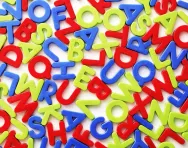
“I find the best way to learn new words is to write them over and over again. To make it more interesting for my daughter, we don’t just use pencil and paper – she also practises with bath crayons on the wall tiles, a mini whiteboard and pavement chalks in the garden.”
Miriam, mum to Olivia, 7
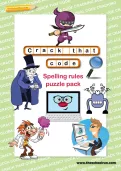
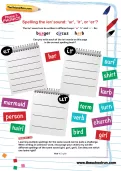
Claim FREE Spelling Resources Today
- Spelling workbooks
- Step-by-step programme
- Spelling test packs
- 100s of worksheets & games
“I pronounce my children’s spelling words phonetically to help them learn them. For example, carpet is ‘car-pet’ rather than ‘car-pit’ and kitchen is ‘kit-chen.’ It has become a family joke: they call it Mummy language!”
Amanda, mum to Kiera, 9, and Harry, 6
“We use magnetic fridge letters to help Archie learn his spellings. At the start of the week, I pick out the letters for him and put them in the right order, then as he gets more familiar with the words I get him to find the letters himself.”
Erin, mum to Archie, 6, and Charlie, 4
“We use good old-fashioned drilling for learning spellings. The ‘Look, say, cover, write, check’ method works really well: we get them to practise once a day and reward them with computer time!”
Sarah, mum to Megan, 13, Josh, 11 and Chloe, 8
“Mnemonics work well for my twins. We use all the tried-and-tested ones, such as ‘O U Lucky Duck’ for words like ‘could’ and ‘should’, but also make up our own, like ‘Balloons Always Land Lightly On Our Noses’ for ‘balloon’.”
Carrie, mum to Elizabeth and Madeleine, 7, and Joseph, 4
“I write my daughter’s words on sticky notes and put them in places where I know she’ll see them often, such as in her lunch box and on her mirror. She can then glance at them in passing, which helps them sink in.”
Nicky, mum to Evie, 6
“Word puzzles help my children with their spellings. I often make wordsearches or crosswords using their weekly words, and we play Hangman with them, too.”
Jamila, mum to Hasna, 10, and Hani, 7
“My year 6 daughter will happily practise her spellings if I let her text me her words!”
Ruth, mum to Florence, 11

